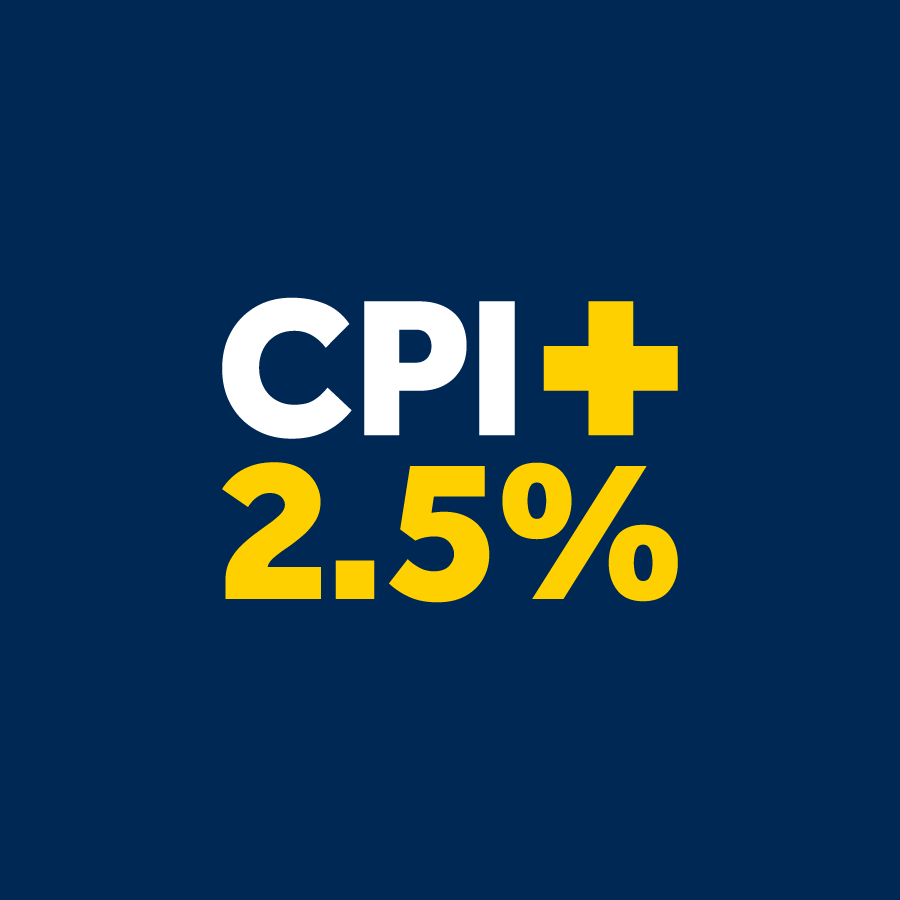
What is compounding and how can it grow your super account?
Over your working life, your employer regularly pays a percentage of your income into your super account. But that's not where the story ends. Our job at Hostplus is to invest these contributions on your behalf, with the aim of growing them through investment returns.
Any investment returns your super earns have the potential to earn additional returns in the future if you stay invested.
This is known as compounding - when your returns earn returns.
It's like a snow-ball effect that has the potential to grow your super over time.
What this means for your super
Here’s a basic example of how compounding can work in super. This chart shows the potential compound returns a 20-year-old earning an average salary could earn throughout their working life. It assumes a steady investment return of 5%. You can see here that by age 46, the returns earned become greater than annual deposits.
Compound returns over a working life1
1. Example only. Your actual super balance may go up or down. Source: ASIC’s MoneySmart Compound Interest Calculator. Assumes deposits based on currently legislated superannuation guarantee rates from 1 July 2023, with $0 initial deposit then monthly deposits from age 20 to retirement at age 65, earning a 5% annual return, compounded monthly. Based on the median monthly Australian salary of $5,633 as of August 2023, according to the Australian Bureau of Statistics. This is a model, not a prediction, and actual amounts may be higher or lower.
Of course, your investment returns will go up and down over time, so we’ve used a 5% return here purely as an illustration to show how compounding can work. This scenario also assumes your salary doesn’t change at all between age 20 to 65, which is unlikely to be the case.
How you can take advantage of compounding
Compound returns can unlock long-term investment growth over time.
Here are a few ways you can make the most of it.
- Keep track of your contributions throughout your working life
Log in to Member Online and the Hostplus app regularly to make sure your contributions are being paid correctly, and to check your investment returns. Read more
- Find a super fund that combines low fees with strong long-term performance
In combination, fees and investment returns can have a big impact on your total retirement savings (this is what’s known as your net benefit). Hostplus is proud to offer our members a low admin fee2 and a history of strong long-term performance3 – meaning more super for you. Read more
- Review your investment options regularly
If you want to maximise your potential investment earnings, you should make sure you’re invested in the option that best suits your investment style and other circumstances. Hostplus offers members a broad range of investment options to suit your needs. Read more
- Make extra contributions
If you can afford to, making additional contributions (on top of your employer contributions) could significantly boost your retirement balance – especially if you start contributing early. Always make sure to consider your financial circumstances before making additional contributions. Read more
- Give it time
Compounding works best over time. That’s why it’s important to focus on your long-term super returns. Hostplus has developed a long-term investment strategy that gives us the flexibility to invest in a diverse range of areas and assets with long investment time frames. Read more
Want to learn more? Check out some of our other articles on getting the best out of your super account.
2. Other fees and costs apply. Refer to the PDS for more information.
3. Hostplus’ Balanced option is ranked number one versus peers over 10 and 20 years. Source: SuperRatings Accumulation Fund Crediting Rate Survey – SR50 Balanced (60–76) Index, December 2023. Past performance is not a reliable indicator of future performance and should never be the sole factor considered when selecting a superannuation fund.






